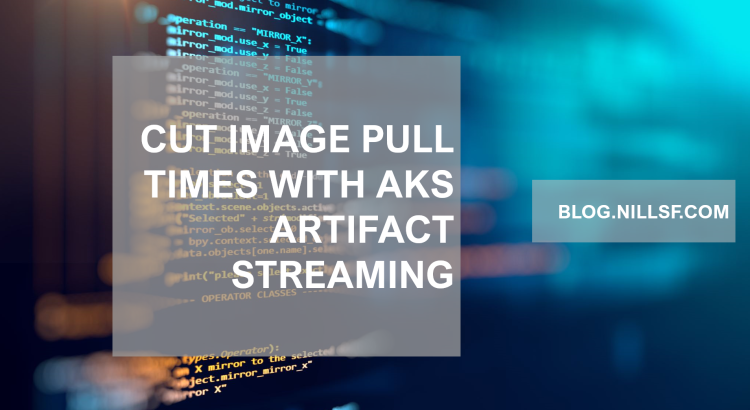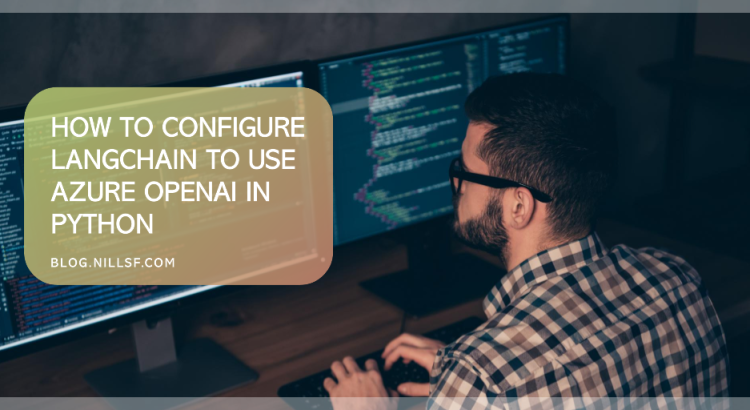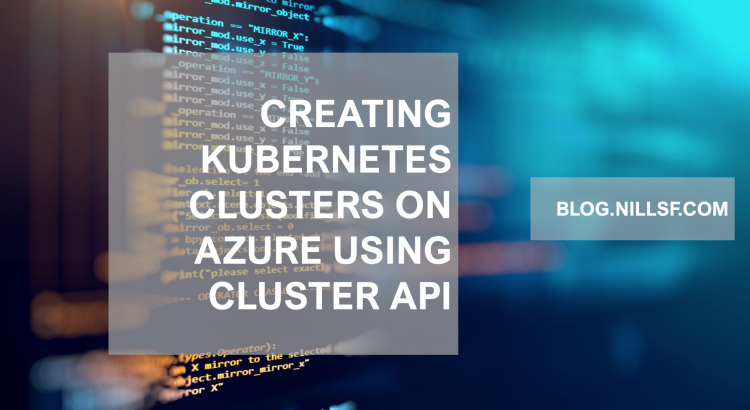I came across two very contrasting posts this week from founders. One was from TailwindCSS, and the other from The Browser Company. The TailwindCSS founder shared how the company is struggling despite increased adoption, while The Browser Company shared how they are rethinking hiring due to Claude Code. Both posts show the real-world impact of […]
Fixing AKS Workload Identity Login in Azure CLI
I just spent 2 hours trying to figure out how to log into Azure CLI using workload identity, and I hope to document how to fix it very quicly. The situation You have an AKS cluster with workload identity setup, and while trying to log into Azure CLI with a federated identity, you get the […]

✂️ Cut Image Pull Times with AKS Artifact Streaming
When a pod in Kubernetes needs to start, the images for the containers in that pod need to be downloaded to the node first. Depending on image sizes, this can take up to a few minutes if you have large container images which might impact your user’s experience. With the new (currently in preview) feature […]

How to configure LangChain to use Azure OpenAI in Python
I spent some time last week running sample apps using LangChain to interact with Azure OpenAI. Most (if not all) of the examples connect to OpenAI natively, and not to Azure OpenAI. It took a little bit of tinkering on my end to get LangChain to connect to Azure OpenAI; so, I decided to write […]

Creating Kubernetes clusters on Azure using cluster API
Last week, I wrote a post about how to create a Kubernetes cluster on Azure using kubeadm. It wasn’t as hard as Kubernetes the hard way, but it took some time to get everything setup and get all the infrastructure spun up. The goal of this post is to show an easier path to get […]
